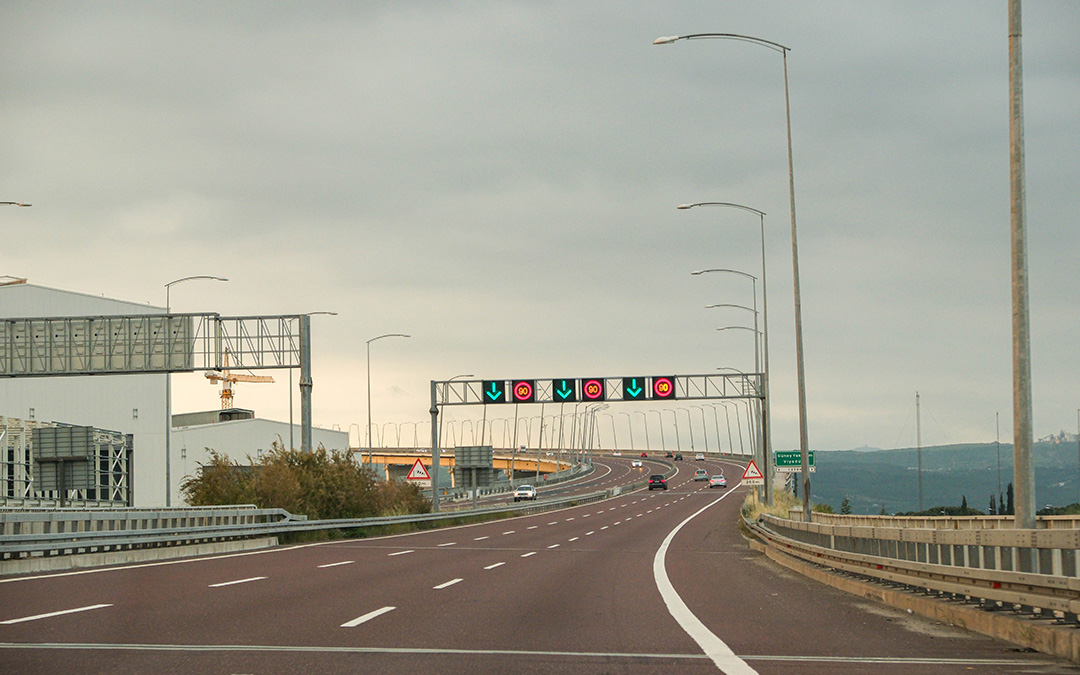Turkiye has made decent progress in recent years. Since 2021, the government has invested around 1.5 billion euros in infrastructure to increase the efficiency of transport operations. And Turkiye is not the only country involved: China has invested nearly 230 million euros in expanding Turkiye’s transport links as part of its new Silk Road project. After all, as an international corridor for goods from Asia, Turkiye plays an important role in the project.
This is because its strategic location makes Turkiye an important transit hub for international freight traffic. In 2021, road freight traffic volume in Turkiye increased by 38.9-billion-ton kilometers compared to the previous year, reaching a peak of 311.8-billion-ton kilometers. Rail freight volumes grew to around 38.2 million tons. And total inland freight traffic in Turkiye increased by 38 billion ton-kilometers, also reaching an all-time high of 380.3 billion ton-kilometers.
Largest truck fleet in Europe
The Turkish logistics market was worth 135 billion euros in 2021, equivalent to 14 percent of Turkiye’s domestic product. In Turkiye, the more than 8,000 logistics and transport companies have the largest fleet in Europe, with approximately 850,000 trucks. The total number of freight vehicles in the country was 3.3 million, and the number of commercial vehicles was more than 4.8 million. After all, 90 percent of domestic freight is transported by road. Some 80,000 truckers wait for these loads in nearly 500 trucking cooperatives near leading factories and ports.
As these figures already suggest, the Turkish logistics market is highly fragmented. No single company controls even one percent of the market. 95 percent of the trucks are owned by one-person operations. Turkiye’s largest logistics company handles up to 3,000 transactions per day and has a market share of 0.7 percent. Its own vehicles account for about 20 percent of the market.
Hardly any own vehicles
Rising costs and high contract burdens have driven companies away from own vehicles. In many large logistics companies, the proportion of company-owned vehicles has fallen to below five percent.
There are also long-term contracts for only one-third of all shipments. The remaining 300,000 shipments per day are booked directly on the spot market by freight forwarders and shippers.
 Turkiye is investing heavily in expanding its road infrastructure, as here near the industrial metropolis of Kocaeli. Photo: Freepik.
Turkiye is investing heavily in expanding its road infrastructure, as here near the industrial metropolis of Kocaeli. Photo: Freepik.
The Turkish road network has a proud length of approximately 415,000 kilometers. However, 350,000 kilometers are village roads, most of which have no solid surface. 62,000 kilometers are country roads. Highways account for just over 3,500 kilometers.
Roads are also gaining ground in passenger transportation in Turkiye. In 2021, some 675,000 buses and minibuses covered around 336.2 billion passenger kilometers.
The sea route dominates in foreign trade
In foreign trade, the sea route is ahead of the rest. It accounts for 63.46 percent of imports and exports – compared with 25.82 percent for road transport in second place. Turkish ports handle more than 526 million tons of goods annually. In air freight, the figure is only about 3.4 million tons.
With more than 80 million tons of cargo handled annually, the Port of Kocaeli takes first place. Aliağa follows behind with almost 73.9 million tons.
Wouldn’t you like to comment on your experiences on Turkish roads?


0 Comments